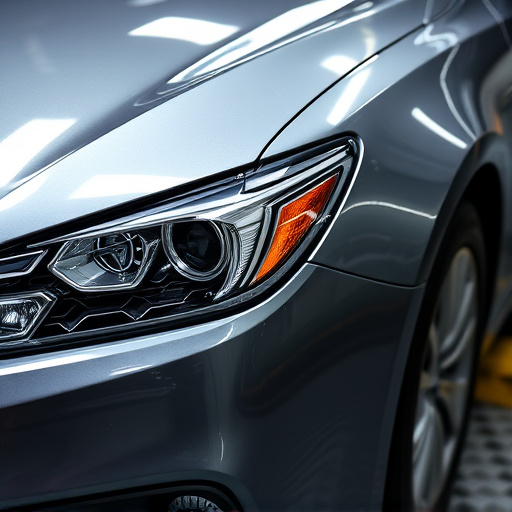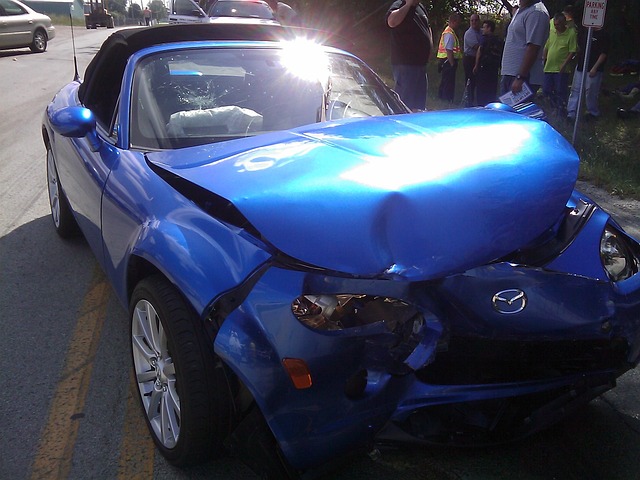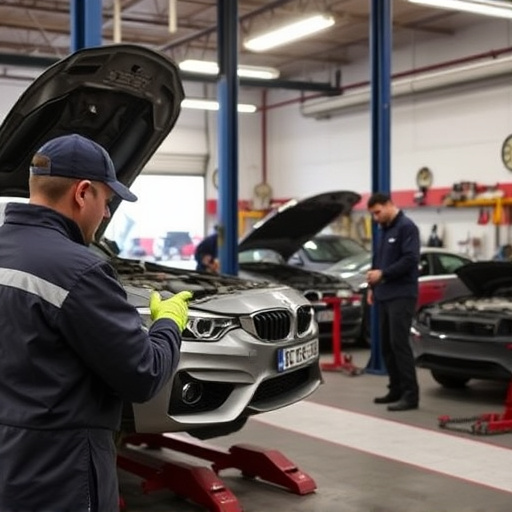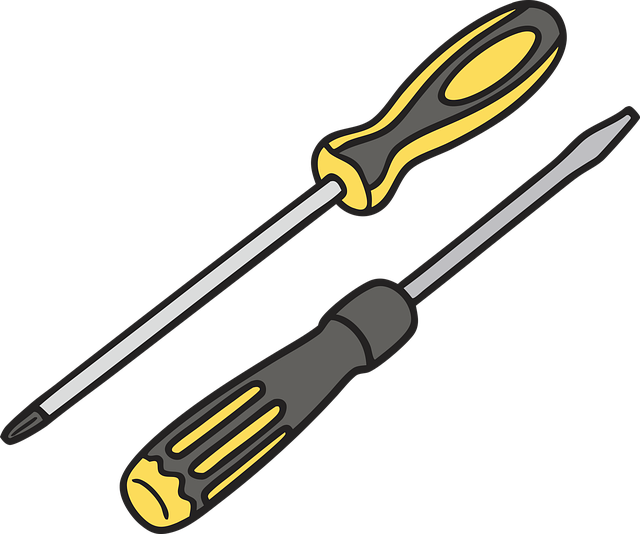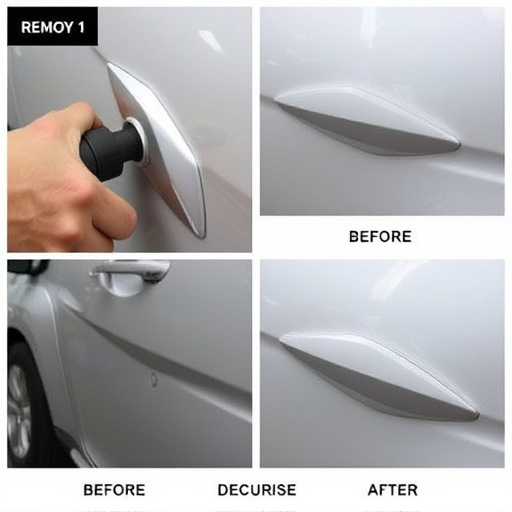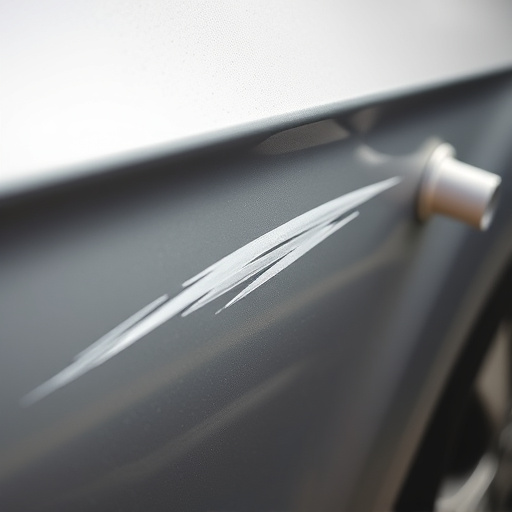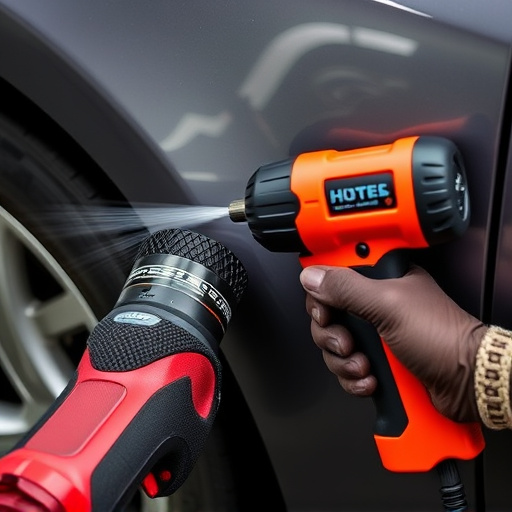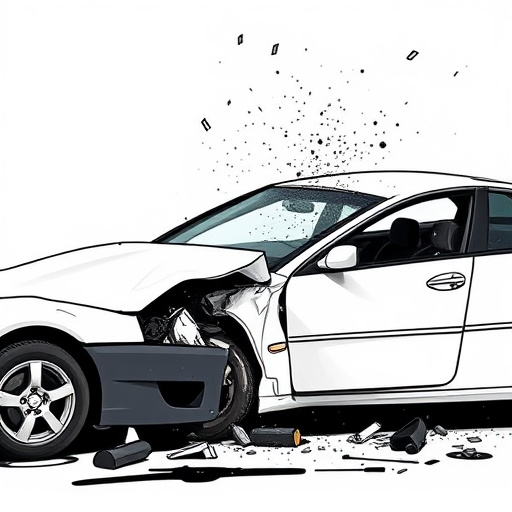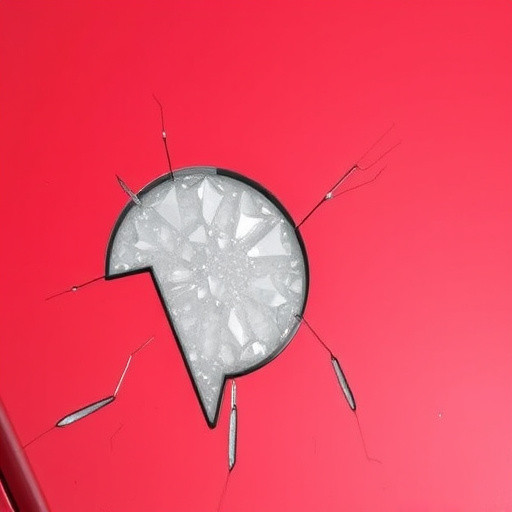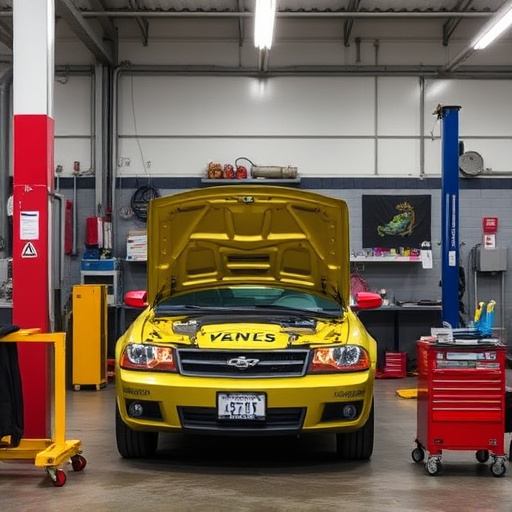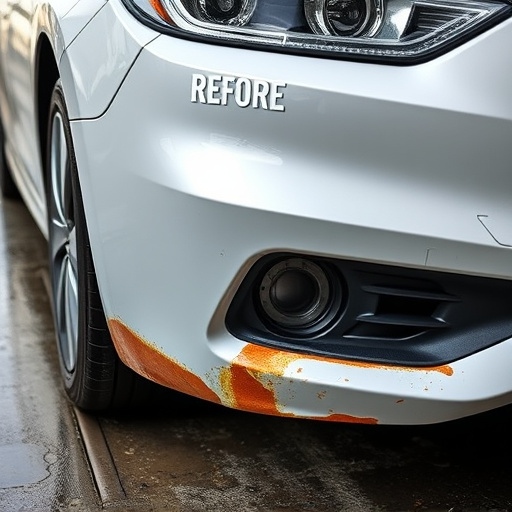Mercedes lane assist recalibration is vital for safety after vehicle repairs, especially complex ones affecting alignment or calibration. Without it, sensors may fail to accurately detect road markings or respond to steering inputs, leading to unpredictable behavior and potential risks while driving. Recalibration ensures optimal performance, driver confidence, and peak functionality of advanced driver assistance systems (ADAS) in Mercedes-Benz vehicles.
Mercedes Lane Assist, a sophisticated system designed to keep your vehicle centered in its lane, requires proper recalibration after any repair. Neglecting this crucial step can lead to impaired performance and safety risks. This article delves into the understanding of the Mercedes Lane Assist System, highlights the implications of skipping recalibration post-repair, and explores the benefits and process of this essential service.
- Understanding Mercedes Lane Assist System
- Implications of Repair Without Recalibration
- The Process and Benefits of Recalibration
Understanding Mercedes Lane Assist System

The Mercedes Lane Assist system is an advanced driver-assistance feature designed to enhance safety and make driving more comfortable. This sophisticated technology employs a combination of sensors, cameras, and radar to monitor a vehicle’s position within its lane. It can detect if a driver drifts out of their lane unintentionally and provides corrective steering assistance to keep the car centered, preventing potential accidents.
When a vehicle undergoes repairs, especially involving complex processes like auto body repair or scratch repair, and particularly with damages that affect the alignment or calibration of critical systems, a Mercedes lane assist recalibration becomes an essential step. This is because even minor adjustments during the repair process could impact the system’s accuracy, leading to potential malfunctions. A proper recalibration ensures that the lane assist function operates optimally, offering drivers the confidence and safety net they expect from their Mercedes-Benz vehicle.
Implications of Repair Without Recalibration
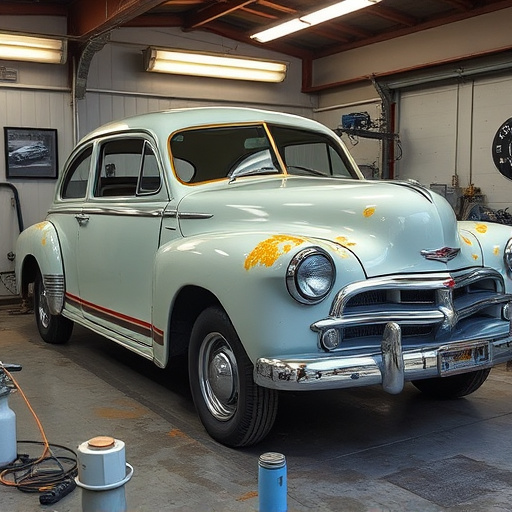
When a vehicle undergoes repairs, especially involving complex systems like Mercedes lane assist, omitting the recalibration process can lead to unforeseen issues.
Without recalibrating the lane assist system, the sensor may not accurately detect road markings or respond appropriately to steering inputs. This can result in unpredictable behavior during driving, potentially putting the driver and others on the road at risk. Just like a car with faulty brakes or a misaligned suspension, an improperly calibrated lane assist system hampers the vehicle’s overall safety and handling capabilities.
This is particularly important for luxury brands like Mercedes, known for their advanced driver assistance systems (ADAS). A dent repair or even a routine body shop service that affects the vehicle’s alignment could disrupt the delicate calibration of these systems, requiring a meticulous recalibration process to ensure optimal performance and driver confidence.
The Process and Benefits of Recalibration

Mercedes lane assist recalibration is a vital step after any vehicle collision repair or bumper repair. This process involves adjusting and fine-tuning the vehicle’s computer systems to ensure optimal performance of its advanced driver assistance systems (ADAS), including lane keeping and departure warning. After repairs, these systems might no longer be aligned with the vehicle’s updated configuration, leading to potential safety risks on the road.
Recalibration offers several benefits. Firstly, it enhances the accuracy and responsiveness of Mercedes’ lane assist features, ensuring the vehicle stays securely in its lane during drives. Secondly, it helps mitigate potential inaccuracies that could arise from misaligned sensors or cameras following automotive repair services. Lastly, a recalibrated system provides peace of mind for drivers, knowing their car’s ADAS are functioning at peak performance levels.
Mercedes lane assist recalibration is a vital step after any repair that affects the vehicle’s sensor or control systems. The intricate calibration ensures the Lane Assist system operates with precision, providing drivers with enhanced safety and confidence on the road. Without this crucial process, the system may not function optimally, leaving potential hazards unaddressed. Therefore, prioritizing Mercedes lane assist recalibration is essential for maintaining a safe driving experience.
